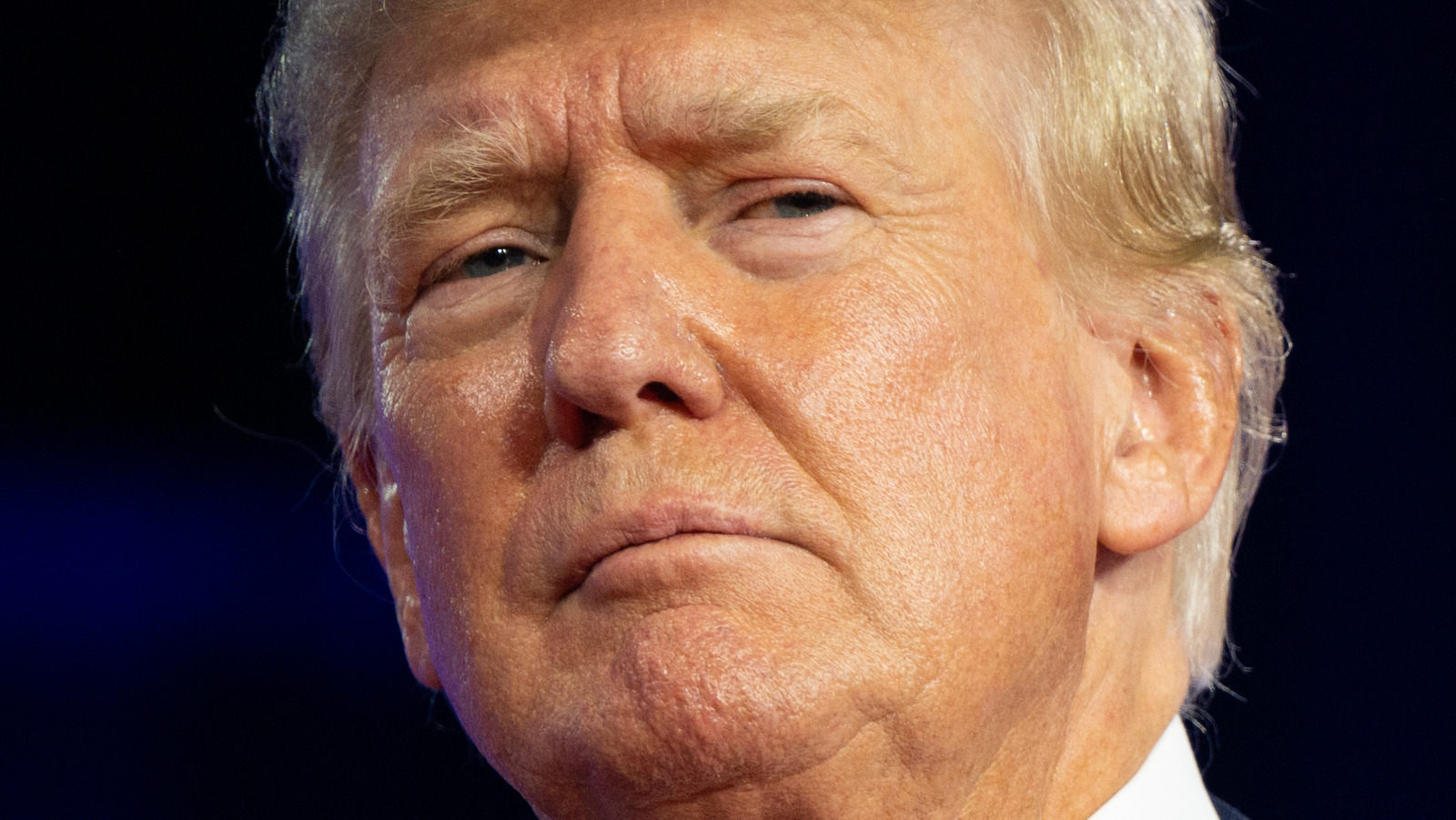
According to L.A. attorney Josh Ritter, when a defendant chooses to plead the 5th, it means their testimony could implicate them in a crime, even if they had nothing to do with the crime in question. As Ritter goes on to note, “Given Trump’s current situation, which includes both an ongoing criminal investigation which led to the FBI document seizure at Mar-a-Lago, as well as the New York Attorney General’s civil investigation into his business practices, it’s not at all surprising that his attorneys at this stage are telling him not to testify to anything.”
The 5th amendment’s protections are somewhat limited, though. “You can’t take the 5th forever. Opposing counsel can challenge and ask a judge to review the validity of your refusal to testify on 5th Amendment grounds,” Ritter says. If a judge determines that someone — like Trump — pleading the 5th is valid and that their testimony could criminally implicate them, then that could strongly imply that there is some criminal wrongdoing they were involved with, Ritter adds. A person’s refusal to testify also in no way stymies the attorney general’s office’s ongoing criminal investigation. “It can go on, with or without [their] cooperation,” Ritter says.







